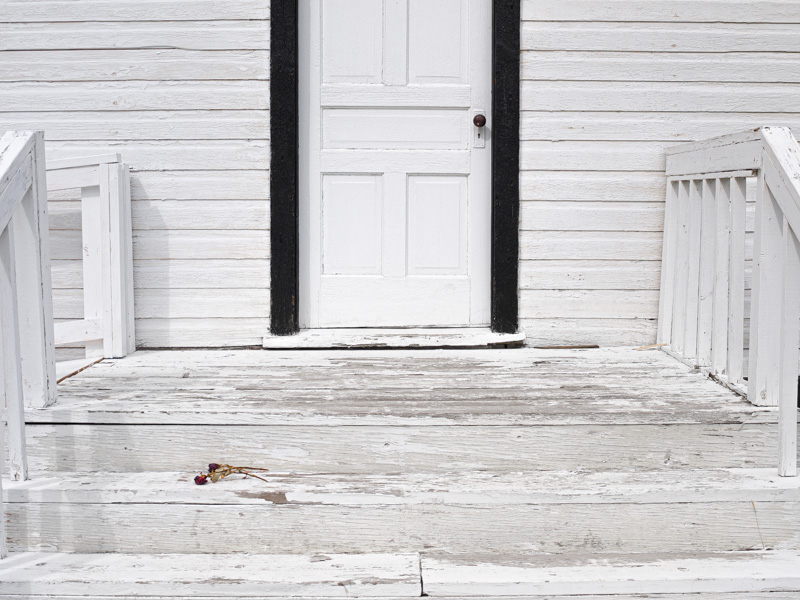Every Picture Is a Compromise
Lessons from the Also-rans
Most photography websites show the photographer's very best work. Wonderful. But that's not the full story of a creative life. If we want to learn, we'd better pay attention to the images that aren't "greatest hits" and see what lessons they have to offer. Every picture is a compromise — the sum of its parts, optical, technical, visual, emotional, and even cosmic – well, maybe not cosmic, but sometimes spiritual. Success on all fronts is rare. It's ok to learn from those that are not our best.
This is a series about my also-rans, some of which I've been able to improve at bit (i.e., "best effort"), none of which I would consider my best. With each there are lessons worth sharing, so I will.
Original digital captureWhat I saw that I liked:The above warm-tone image is not the original digital capture, but rather the image as I saw it in my mind's eye while I was setting up the photograph. Love the stark contrast of the black and white. Nice touch with the rose on the steps. What I don't like in the picture:I've actually used the warm-tone version of this image in a project. But — and this is where we find the process part of artmaking — the more I looked at this image over the years, the more I realized it's not about the stark contrast of black versus white; it's all about the rose. Duh. Which led to the revised version to the left. What I learned:Visualization in the field can be a hindrance if it blocks the other possibilities we could explore back in post-processing. I photographed this in 2009, but the interpretation at left didn't occur to me until 2018. 2nd Chances: What I might try nextI also have a vertical composition of this scene I'd forgotten about until I was preparing this EPIC post. I might see if it's better without the handrails to the left and right. |


